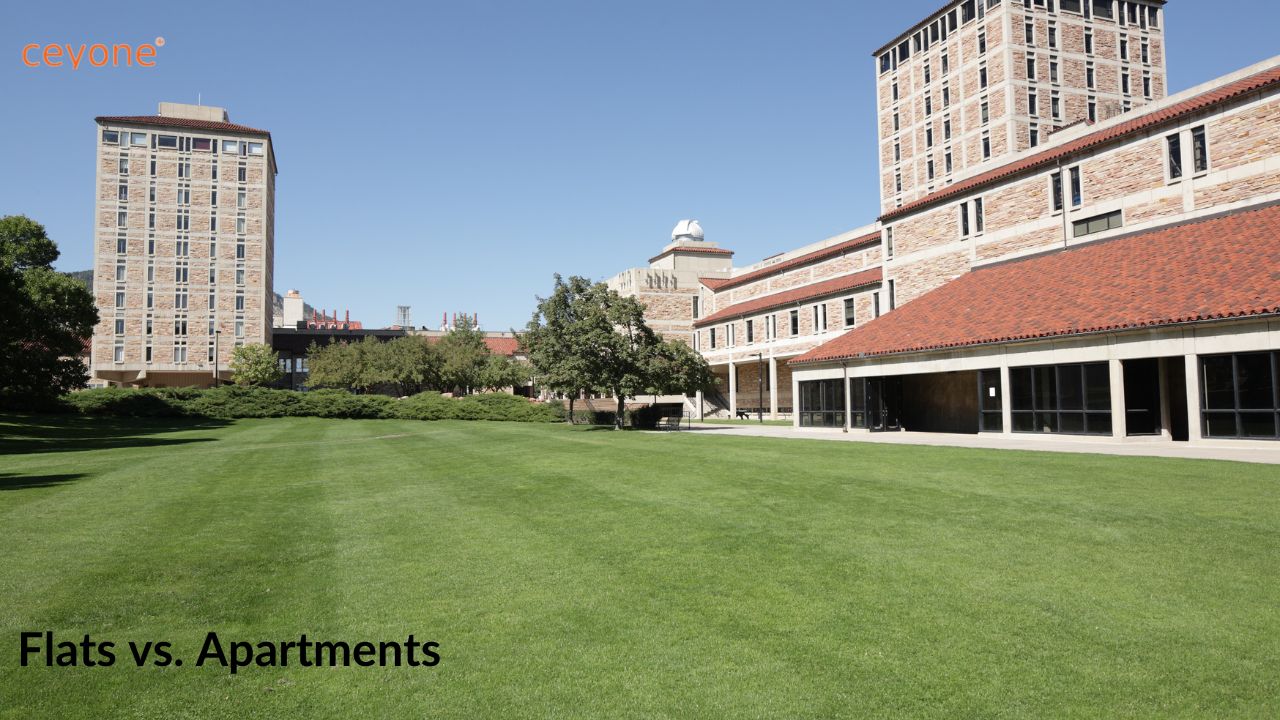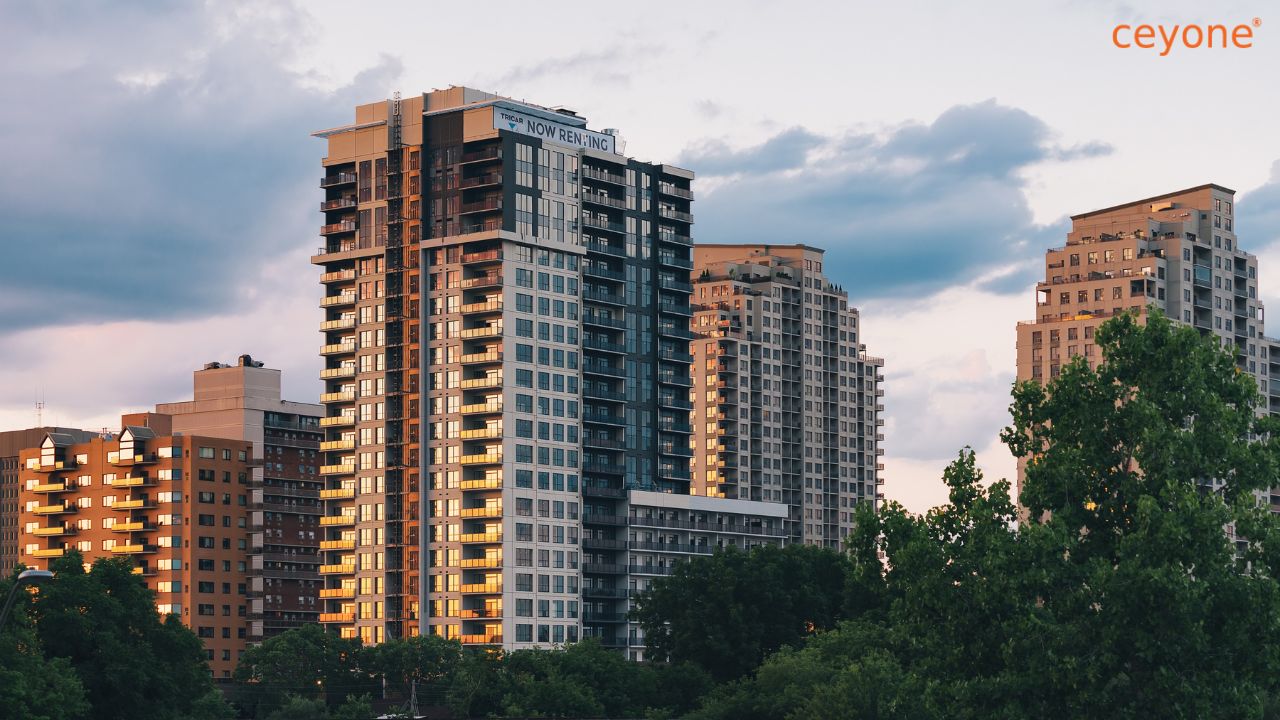Don’t Skip NOCs When Buying a Home – Here’s Why They Matter
NOCs are one of the most important things to consider when buying a new home. One small mistake can turn your dream into a legal or financial nightmare. One of the most important things you should never overlook during a property transaction is a No Objection Certificate (NOC).
What is a No Objection Certificate (NOC)?
A NOC is a legal document issued by an authority, bank, society, or builder, stating that they have no objection to the sale or transfer of a property.
In simple words, it’s proof that:
- The property is free from disputes.
- There are no unpaid dues.
- The transaction can go ahead smoothly.
A No Objection Certificate (NOC) is a document that says:
“We, the concerned authority, have no problem with this project or property.”
It is like a green flag from various government departments, banks, or agencies.
Without these approvals, a property may be unsafe, illegal, or under dispute. So, NOCs are not just paperwork – they are your protection.
Why NOCs Are Essential for Homebuyers
- Legal Security
A NOC is official proof that no one else has a legal claim on the property. This protects you from future disputes. - Financial Safety
It confirms that all outstanding dues—such as bank loans, society charges, or builder payments—have been cleared. This saves you from hidden liabilities. - Smooth Transfer of Ownership
With NOCs in place, the property transfer becomes hassle-free, with no objections from any party later.
NOCs Homebuyers Must Personally Collect/Check
As a buyer, your role is to verify these documents with the builder and cross-check them if needed with the authorities or a property lawyer.
- Land Title NOC: In practice, this isn’t issued as a “NOC.” Instead, it’s verified through the title documents and ownership records of the property or project land. As a buyer, you don’t collect this NOC yourself—you simply need to ensure the builder has a clear title to the land.
- Bank NOC (Project Loan Cases): If a builder has mortgaged the project or land to a bank, buyers won’t get a direct NOC from the bank. Instead, the builder must obtain a release letter from the bank for each unit sold, confirming it is free from the mortgage.
- Builder NOC: This document is provided by the builder/developer directly to the buyer, confirming that the flat/unit is not subject to any legal or financial encumbrances.
NOCs the Builder/Project Must Already Have (buyer only needs to verify)
As a homebuyer, you don’t personally collect these documents. The builder or developer obtains them as part of project approvals. Your responsibility is to verify that these NOCs exist and are valid.
1. Land Title Verification
Often referred to as “Land Title NOC,” but in practice, it’s not a NOC.
- Verified through title deeds, ownership records, and encumbrance certificates.
- Confirms the builder legally owns the land and it is free of disputes.
2. Land Use NOC
- Issued by the local development authority.
- Confirms that the land is legally approved for residential use.
3. Building Plan Approval NOC
- Sanctioned by the municipal authority or development body.
- Ensures layout, height, and floor plans follow regulations.
4. Environmental Clearance (EC) NOC
- Required for large residential projects.
- Certifies compliance with environmental norms such as waste disposal, water use, and green cover.
5. Airport Authority / Height Clearance NOC
- Needed if the project is close to an airport.
- Confirms building height is within safe limits.
6. Fire Safety NOC
- Issued by the Fire Department.
- Certifies the building has fire exits, alarms, and other safety measures.
7. Water & Electricity NOC
- From the water supply and electricity boards.
- Confirms legal and permanent connections will be provided.
8. Pollution Control NOC
- For large townships or projects with environmental impact.
- Ensures proper sewage, drainage, and waste management.
9. Highway / Railways Authority NOC
- Needed if the project is near a highway, railway line, or protected corridor.
- Confirms no encroachment and compliance with distance norms.
10. Bank / Project Loan Release Letters
- If the builder mortgaged the project land to a bank, buyers won’t get a direct NOC from the bank.
- Instead, the builder must provide a release letter from the bank confirming your specific unit is free from the mortgage.
11. Occupancy Certificate (OC)
- Issued by the local authority after construction is complete.
- Confirms the building is safe, legal, and ready for occupation.
12. RERA Registration
- Not technically a NOC, but mandatory.
- Every project must be registered with RERA. Always check the RERA number on the official state RERA website.
Quick Tip for Buyers: Always ask the builder for copies of these NOCs and verify them with the issuing authorities (municipal office, RERA portal, or utility boards). If in doubt, consult a property lawyer before making a payment.
What Should a Valid NOC Contain?
Before accepting a NOC, always check that it includes:
- Property details: address, flat/plot number, and registration details.
- Clearance statement: a declaration that all dues have been settled.
- No objection clause: confirmation that the issuing authority has no claim on the property.
- Authorized signature and seal: signed by the official issuing authority, bank, builder, or society.
How to Check NOCs as a Buyer
- Ask the builder: A genuine builder will show you copies of all NOCs.
- Verify with authorities: Don’t just take their word – cross-check with municipal bodies, electricity boards, and the RERA portal.
- Use a property lawyer: Spending a little now can save lakhs later.
Conclusion
When buying a property, emotions often take the driver’s seat. But remember, your biggest shield against legal and financial trouble is documentation.
A No Objection Certificate (NOC) is not just a piece of paper—it’s your protection against disputes, unpaid dues, and hidden claims. Make sure you collect all the required NOCs before closing the deal. A little due diligence today will ensure your home remains a source of joy, not stress, tomorrow.
About Ceyone
At Ceyone Marketing, we go beyond property listings to empower homebuyers with reliable insights and guidance. From verifying RERA details to highlighting premium residential projects, we make your home-buying journey simple, transparent, and stress-free. Whether it’s a villa, an apartment, or an investment property, Ceyone ensures every decision is backed by clarity and confidence.
References
- Ministry of Housing and Urban Affairs, Government of India – Real Estate Guidelines
- State RERA Websites (Check your respective state for project-specific details)













